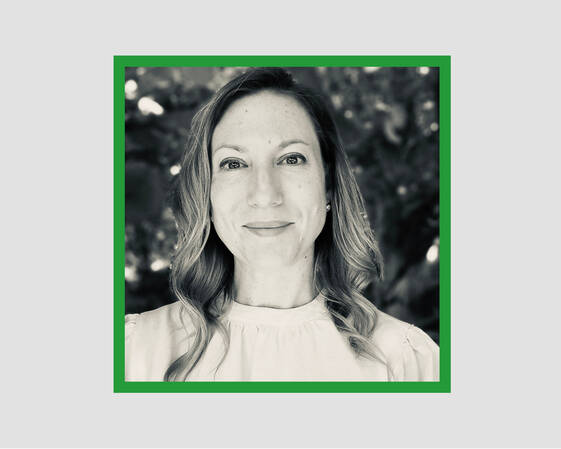We know they can work remotely, but we also know the benefit of having people come together and socially interact because that's actually where a lot of that those really beautiful, creative interactions happen. So, I think a lot of the focus for organisations will be on bringing some kind of a hook into the workplace.
Something that says: “Man, you should come and see our collaborative areas, you can have it this way, you can do it that way, you can book this out, or this is always available, or you know: there is an amazing kitchen and social space!”.
Also, on a larger scale: What are the things that are going to drive people into the city? Because if you don't need to leave home to go to work or you don't want to, then how do we reactivate the workplace and our cities?
There is a lot of thinking at the moment with organisations really considering what they can offer to draw people back in but still retain workers who want to keep the advantage of that flexibility. It's quite a fascinating space.
Q: You talked about nourishment, growth, collaboration, really good core human values and you've also talked about mentorship… who has been important for you personally?
RB: I would 100% say Valentina Machina. I have been absolutely blessed to have her as a mentor. When I started cutting my teeth on workplace design, nearly 16 years ago, Valentina was at Jasmax and over the years I've watched her quite keenly, because she's a bit of a superstar.
About five or six years ago, she kind of took me under her wing a bit when we worked on Transpower together and through that time, she recognised that there were things that I could be doing, if only I knew how, and just the growth that I've experienced with her and the encouragement and self belief she's sort of injected in me, it's been incredible.
Just having someone there who says: ‘Wow, that's fantastic, why don't you do this? Or why aren't you doing this, or you need to do that.’ And then you do it and you think, ‘Oh, why didn't I do that before!?”
So, the value of a mentor – someone who will not only go in to bat for you, but who was also there with the cheerleaders, pom poms in hand going ‘Yeah, yeah, rah, rah, rah, good for you!' – is that it allows you to grow in ways that you just simply wouldn’t otherwise.
Q: And it is quite special when you are doing so on live projects as well right? Like that Transpower project.
RB: Yes, so when the team had done the early stages of test planning Valentina said, right, we have to move this to Wellington, because it's a Wellington project and she had the confidence to hand it to me… and I didn't blow it!
Q: No you didn’t! The team actually won a lot of awards for it, which were very much deserved! What do you think you're most proud of in that project?
RB: The team that we worked with. We used to joke and call ourselves the A Team because we just had a real synergy. In fact, the entire project had a synergy between consultants and the landlord and the contractors and us and the client, even though there was a lot of rapid response, problem solving; really positive kinds of approaches to issues that were arising daily.
That's what excites me the most when I look back at that job, I think: God, I wish every job could be like that!
